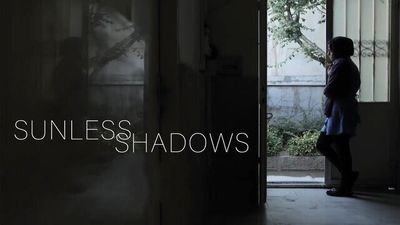Theaters in Paris, Bordeaux, Strasbourg, Lille, Toulouse and several other cities are screening the movie, which brought Oskui the award for best director at the IDFA.
The documentary takes us into an Iranian juvenile detention center, where a group of adolescent girls are serving time for having murdered their father, husband or another male family member.
Oskui managed to build up a remarkable relationship with these inmates, whose frank conversations and playful interactions he observes, and who gradually open up about the consequences of, and sometimes the reasons for, their terrible act.
He occasionally leaves them alone with the camera, allowing it to become a means for them to address both their victims and their accomplices, three of the girls having killed their fathers with the help of their mothers. The mothers await execution elsewhere.
Unlike their mothers’ somber pall, the atmosphere in the girls’ living quarters, shared cell with teen-bedroom feel, classroom and grass-lined courtyard where a brood of ducklings scamper about, seems almost carefree.
It gradually becomes apparent, however, that apart from being a prison, this closed, all-female environment is also a shelter from an aggressively male-dominated society.
The film has been screened at numerous international festivals and won several awards, including the best documentary prize at the 8th CinéDOC-Tbilisi in Georgia.
It was also selected as best documentary in the Spiritual Film Section of the 19th Dhaka International Film Festival in Bangladesh.
Oskui was honored with the Human Rights Award for “Sunless Shadows” at the Millenium International Documentary Film Festival in Brussels.
Source:Tehran Times

